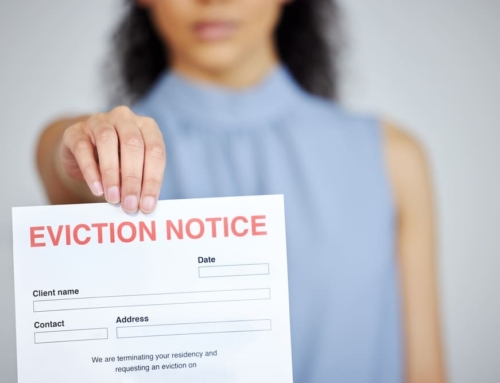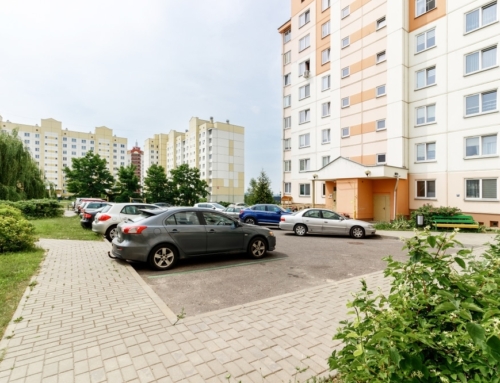Q: My wife, son and I subleased a 1-bedroom apartment from a tenant back in 2004.
We signed a lease. We asked to see her lease before signing our sublease.
The tenant was paying $980 month to the landlord. We then signed a lease agreeing to pay $1,200 month. The tenant stated that she got the approval from the management regarding this sublease. The original lease expires at the end of June 2005.
A couple of months ago, we got a visit from building management. They stated that our lease was illegal because they were never informed of the sublease. We provided a copy of our sublease to the management company along with a copy of a utility bill that showed we were paying the bills and that the bills were in our name.
The management company told us they would be taking us to court. They advised us to pay no more rent until this matter was resolved in court and that we would be allowed to apply to rent the apartment from them.
It has been over three months and we have received no updates from the management office. I called them and was told to be patient. We were also told that we would have to pay the back rent for the time since January.
My main question is, since there is no legal lease involved, why were we told that back rent would have to be paid? Are we legally obligated to pay this back rent since original tenant is being taken to court? Should we retain a lawyer?
A: Unfortunately, you are in the middle of a battle between a landlord and his original tenant. Your lease with the original tenant may be invalid. Some leases specifically require the landlord’s consent to each and every sublease and if you don’t get the consent, the landlord is not obligated to accept the sublease.
Even though your sublease may be invalid, you may not be allowed to live in the apartment rent free. If the original tenant failed to pay the rent, you may be obligated for the rent that he failed to pay. The real question would be is whether the owner of the apartment was paid rent by the original tenant. You’re in trouble if the original tenant pocketed your rent and never paid what he was supposed to pay the owner.
The owner of the apartment may be entitled to sue the original tenant for rent owed or sue the occupant of the apartment for the rent owed. That would mean that you might owe the owner the money for the rent even though you paid it under your sublease. You in turn would sue the original tenant to get your money back.
Frequently, states and even cities have tenant protection laws that may afford you some help. You should seek help in this situation. An attorney that has extensive knowledge of residential leasing should be able to help you. Some of those laws may entitle you to get your attorneys’ fees back if you sue the original tenant for his breach of the lease with the owner of the apartment and his failure to pay rent.
In general, if you’re going to sublease an apartment, you have to make sure the owner has knowledge of your existence, has consented to the sublease in writing and that the parties understand who will be paying what and when.
In your situation, you might have been able to protect yourself by sending the landlord the $980 per month that was due and sending the $220 difference to the original tenant. That way, you would have known the owner of the apartment is paid and you wouldn’t have to worry about the payments made by the original tenant to the owner.
Published: Jun 24, 2005





great help..thank you so much